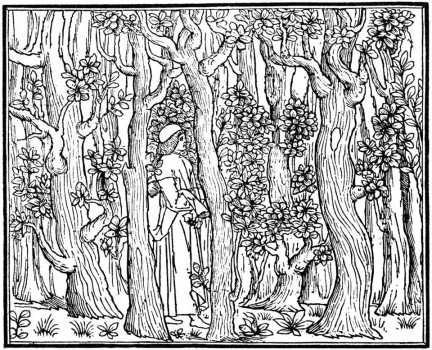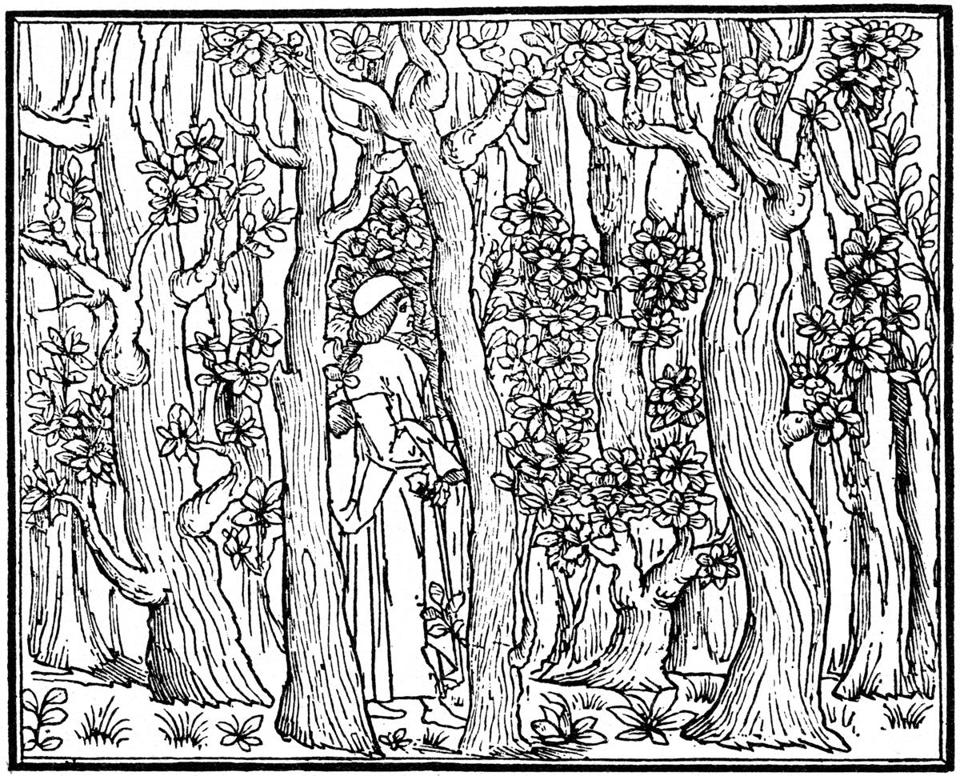 Jeremy L. Caradonna’s new book, “Sustainability: A History,” finds that the notion of sustainability arose from early inklings in Western thought of the risks of over-exploiting the natural world. Caradonna, an associate professor of History at the University of Alberta, finds some of the first antecedents of our modern notions of sustainability in late 17th- and early 18th-century Europe.
Jeremy L. Caradonna’s new book, “Sustainability: A History,” finds that the notion of sustainability arose from early inklings in Western thought of the risks of over-exploiting the natural world. Caradonna, an associate professor of History at the University of Alberta, finds some of the first antecedents of our modern notions of sustainability in late 17th- and early 18th-century Europe.
Among his surprising discoveries is that many of sustainability’s forefathers were far from radical tree-huggers. They were, rather, aristocrats and colonialists—people hoping to profit from the land—who began to fear that the heedless plundering of natural resources could jeopardize the economy. The philosophy has since evolved in various directions; some now believe that social equity is a key part of a sustainable society. What the different offshoots share is respect for the planet’s limits—though debate will no doubt continue on the best ways to implement that principle.
Cardonna says: ” If you have a sustainability movement, you know you have a problem. The highlanders of New Guinea, who lived sustainably for 46,000 years, didn’t need a sustainability movement because they were just an inherently sustainable society. They had figured things out a long time ago. So the fact that people in Germany and France and England are talking about sustainability is a clue that something was going wrong. And the thing that was going wrong was that the society had been badly deforested.
“The guy who invents the term sustainability, or ‘Nachhaltigkeit’ in German, was Hans Carl von Carlowitz. In 1713, Carlowitz ws talking about the need to have a continuous supply of wood so that forges and mines can continue to function in Saxony.”
And on the matter of the fact that the concept of sustainability leaves a lot of room for interpretation, Caradonna adds: “It facilitates greenwashing for sure, because it’s a term that can be used and abused….What I think is fascinating is that it’s a really flexible discourse and allows for a lot of people to get into the tent together. And I think from a kind of political science-y point of view, it is useful and helpful to get everyone in the tent together.”
Re~post of Sustainability is older than you think | The Boston Globe
Read more: “Sustainability”: A History | Oxford University Press
